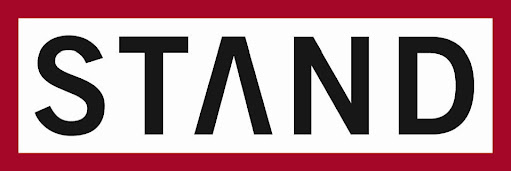Recently, I've been asked to share my thoughts on Darfur as it stands today. That deadline has sharpened in my mind some of the questions I have on region right now. Obviously, situations change, and the Darfur we see today is not the same as that of four or five years ago.
Darfur has evolved to become far more complex than its original two- or three-sided conflict (the Government vs. one or two major rebel groups). I am also aware that rebel groups are guilty of adding to the chaos, having recruited child soldiers and engaged in acts of violence themselves (to what degree is an underreported issue). So, one question is, who much power does Sudan actually have to stop the violence? If the GoS suddenly wanted to bring peace to Darfur (and to its strained relations with South Sudan), would they be able to?
Given the painfully sluggish attempt to get 26,000 peacekeepers on the ground (I think we've reached about 50% of that goal), I am unclear on how much of this is Sudan's fault, and how much is the fault of UN Member States. Certainly, the GoS has in the past shown a lot of intransigence, and back-and-forth on UNAMID--rejecting contributions by certain nations, and flip-flopping whether or not to accept UNAMID or componenets thereof. Where my knowledge lags is in Sudan's actions of late--has the threat of ICC arrests made her more cooperative, or is this same-old, same-old? A final question is this: is targeted divestment still the right way to go with Sudan? Is it possible that it's no longer the correct remedy for the problem?
Knowing who holds the most influence in Sudan should directly affect where we focus our activist energies. I have my own hunches on all this, but what better place than the Stand blog to ask my peers for some research help!
We're in the thick of the holidays, but any links or responses you can give would help--short or long.
--
Here are a couple links to get us started:
http://www.ssrc.org/blogs/
http://www.sudanreeves.org/
Both place continued blame strongly on Khartoum. From the former, here is an interesting side note: "Since July this year the Government and specially the National Congress Party priority has sharply changed. The issue of the ICC Chief Prosecutor's endeavour to indict President Omer al Bashir has become the only agenda in their calendar....[the GoS] has changed their instinct for common survival into individual concern for self-preservation. Every single one of them is looking back to see whether he has any link with the violations committed in the Darfur conflict and what responsibility he may have which could take him to The Hague. Some of the NCP leaders are even contemplating handing over President Bashir to save the Islamic movement. This movement recently elected Mr Ali Osman Taha to become its Secretary General, the post which used to be occupied by Dr Hassan al Turabi before the 1999 split." Continue reading this article...
.jpg)





